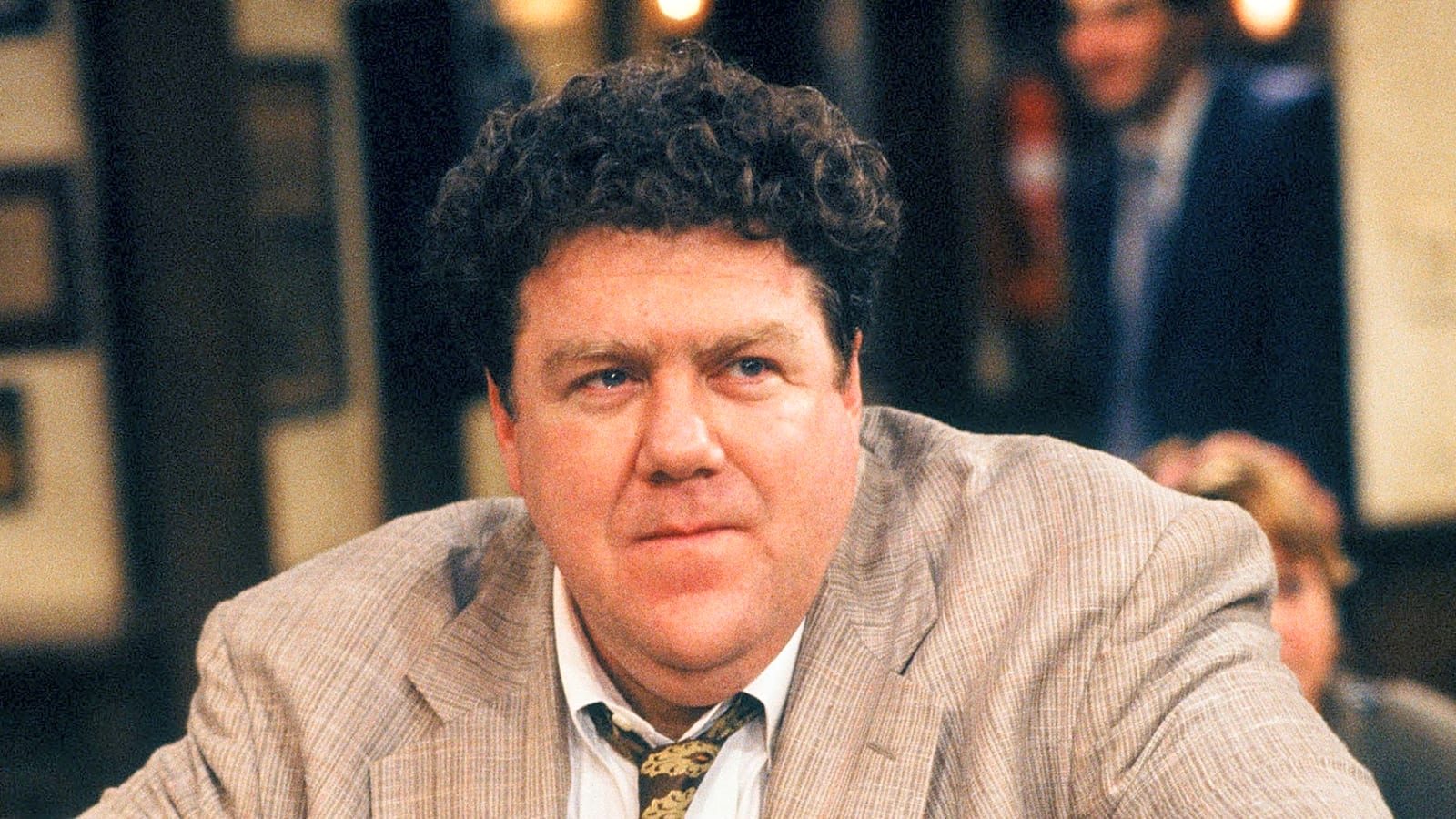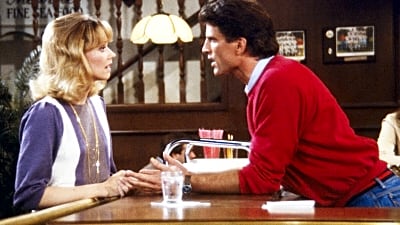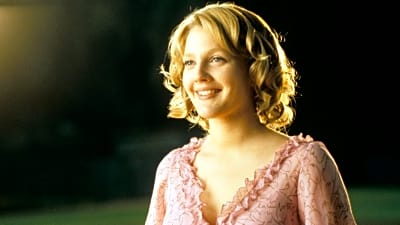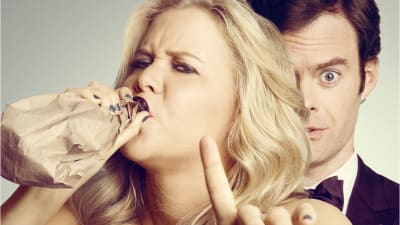
George Wendt's perpetual Norm-ness was a harbinger of the modern sitcom star economy
To say that George Wendt died at the age of 76 this week would be most accurate, but to say that Norm died would feel feel just as accurate to most. Not to his widow or his children, but to the majority of people that consumed the news. Wendt had other acting roles, but he was Norm from "Cheers," and in many ways was the avatar for "Cheers." Norm was, after all, the barfly among barflies, but always in an affable, likeable way. The bar Cheers in Boston, which exists in dedication to the NBC sitcom, certainly expressed a sense of loss with Wendt's passing, but the Norm of it all was there as well.
After becoming known as Norm, the beer drinker's beer drinker, Wendt never had to pay for another drink in his life. He was forever tied to a single character, but people's love for that character was directed toward him. Wendt got to benefit from people's love for "Cheers," and for Norm, even if he was also to a degree professionally limited by it.
People becoming synonymous with a sitcom role did not start with Wendt, and it certainly did not end with him. Some sought to extricate themselves from that, and some have. Henry Winkler, for example, has managed to leave The Fonz behind. These days, though, the Wendt-is-Norm-and-Norm-is-Wendt circumstances feel more and more common, but also increasingly embraced.
There are, of course, the reboots. The neverending reboots. Characters aren't left to exist in history and in our collective memories when there is a profit to be had. "Fuller House," "That '90s Show," and, hey, "Frasier" all speak to a sense that characters never really go away, and some actors don't mind that. Well, other than the Olsen twins, who in hindsight deserve some real credit for never trying to grab a piece of this nostalgia cash-in culture. They could be doing "It Takes Three" and having it out in theaters to compete with "Freakier Friday."
However, this is adjacent to, but not overlapping with, what the "Norm" experience is. Norm-core, if you will. What is much more in line with this is the way in which sitcom actors now play a role in their own nostalgia marketing, and almost position themselves alongside the fans to perpetuate the fandom. Speaking of "Fuller House," for example, Jodie Sweetin and Andrea Barber hopped on the fad of sitcom stars doing rewatch podcasts of their own shows.
This phenomenon really started to metastize after "Office Ladies" took off. Angela Kinsey and Jenna Fischer's podcast became a hit, and now we could rattle a half-dozen podcasts (we've never listen to) off the top of our heads in the same vein. The "Boy Meets World" podcast, the "Scrubs" podcast, and on and on. Implicitly, hosting such a podcast says, "Please, forever associate us with these characters, and always link us to the show that you love." Kinsey and Fischer will contentedly be Angela and Pam, even if there is no beer in it for them.
In these instances, this is also done consciously, and for profit. Thus, in a weird way, Wendt's acceptance of forever being Norm has a level of integrity to it, though that may be overselling it some. And, sure, in what was perhaps his final public appearance he was on Ted Danson's podcast to reminisce about the days of "Cheers."
You could also view that as a man on his last legs spending some time with lifelong friends. Extracting himself from being Norm would have been a fool's errand for Wendt, and Norm will live on beyond him. Fandom drives success, and makes careers, but it is not a clean process for anybody involved. You see that all over the place now, in ways that are often dispiriting. It makes somebody wanting to buy "Norm" a beer feel quaint, and one threatens to romanticize it out of a desire to create a juxtaposition.
R.I.P. to George Wendt, best known as Norm Peterson from "Cheers." Here's hoping every moment of "being Norm" to millions of people registered below the threshold for being a burden.
More must-reads:
- 23 TV characters who disappeared into thin air
- 20 celebrities who were friends before the fame
- The 20 greatest TV weddings
- 20 actors who dramatically changed appearances for a role
- Type cast: 21 actors who always seem to play the same character
Breaking News
Trending in Entertainment
Customize Your Newsletter
 +
+
Get the latest news and rumors, customized to your favorite sports and teams. Emailed daily. Always free!






